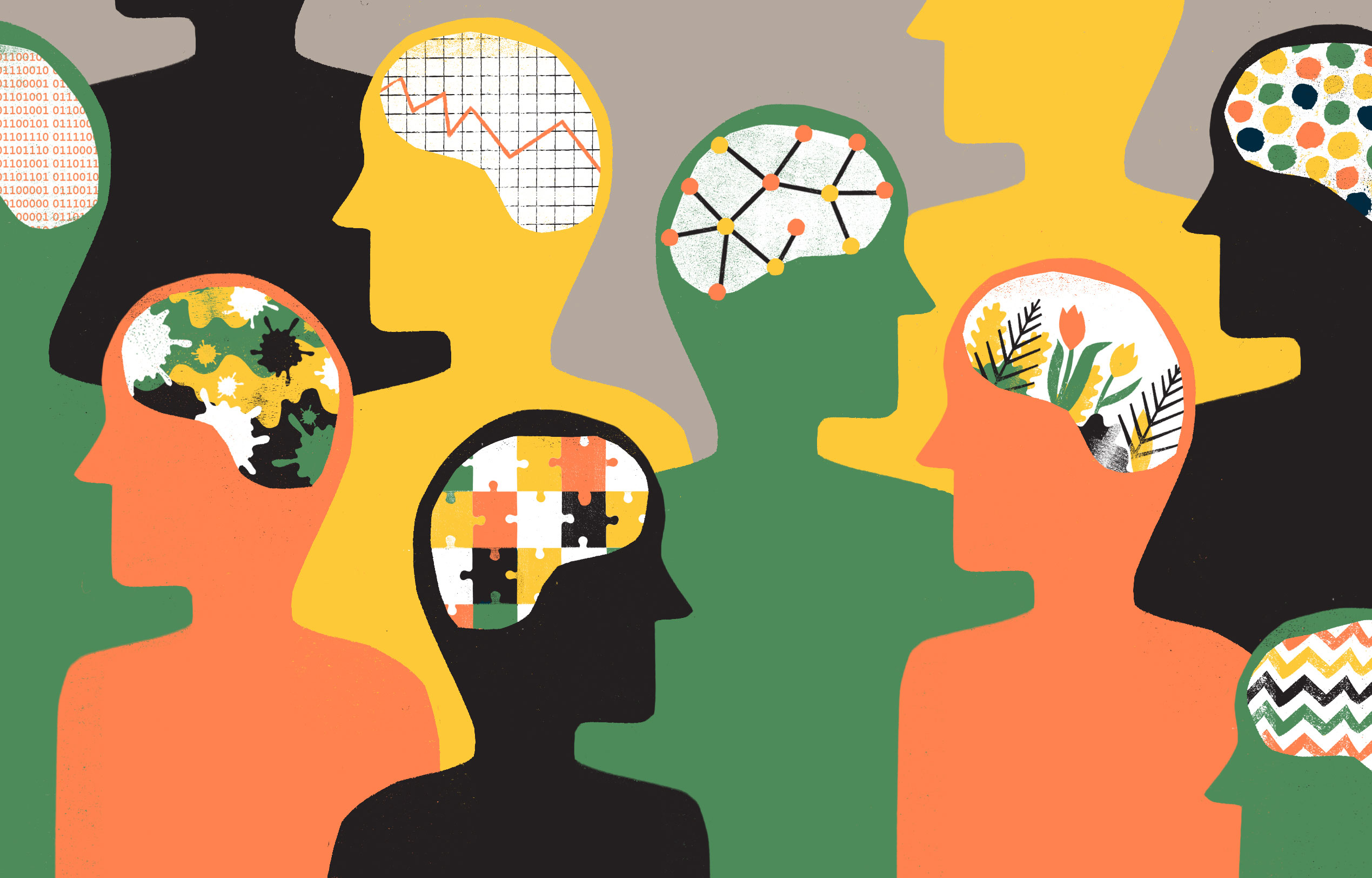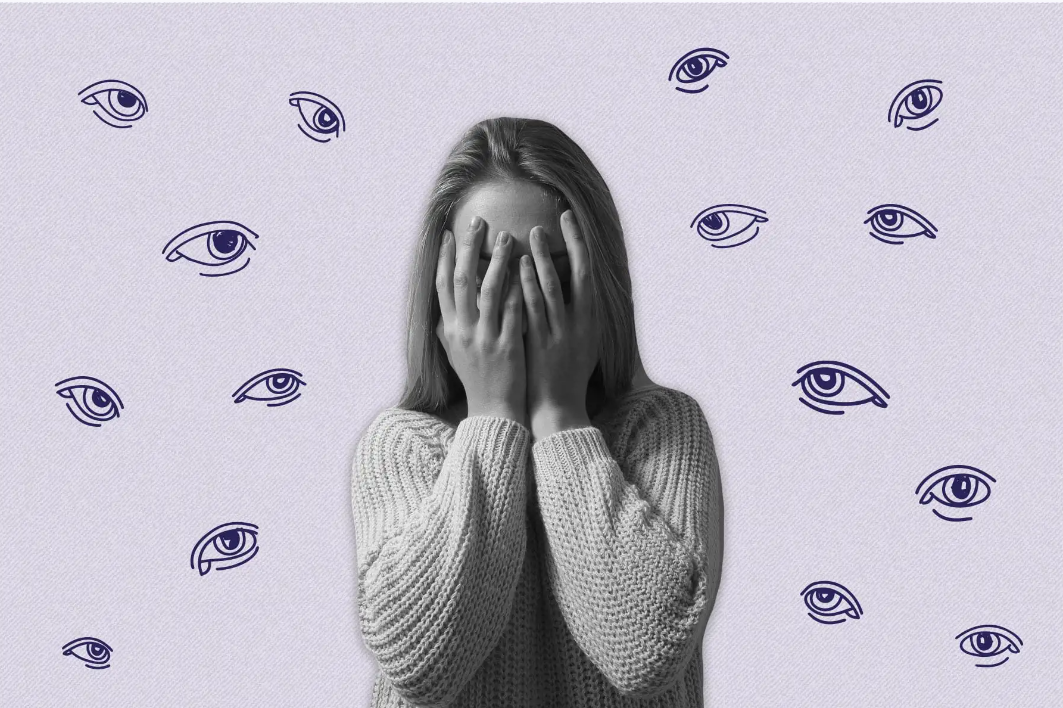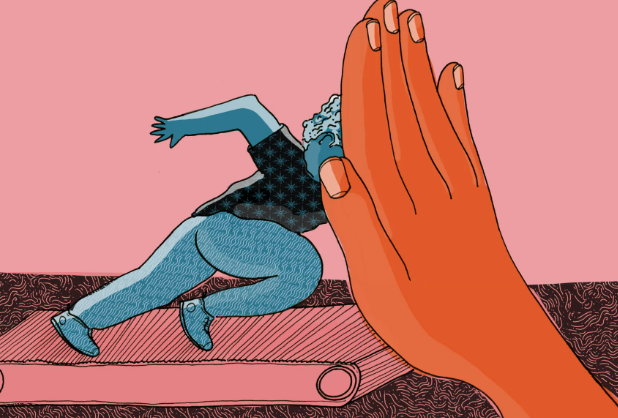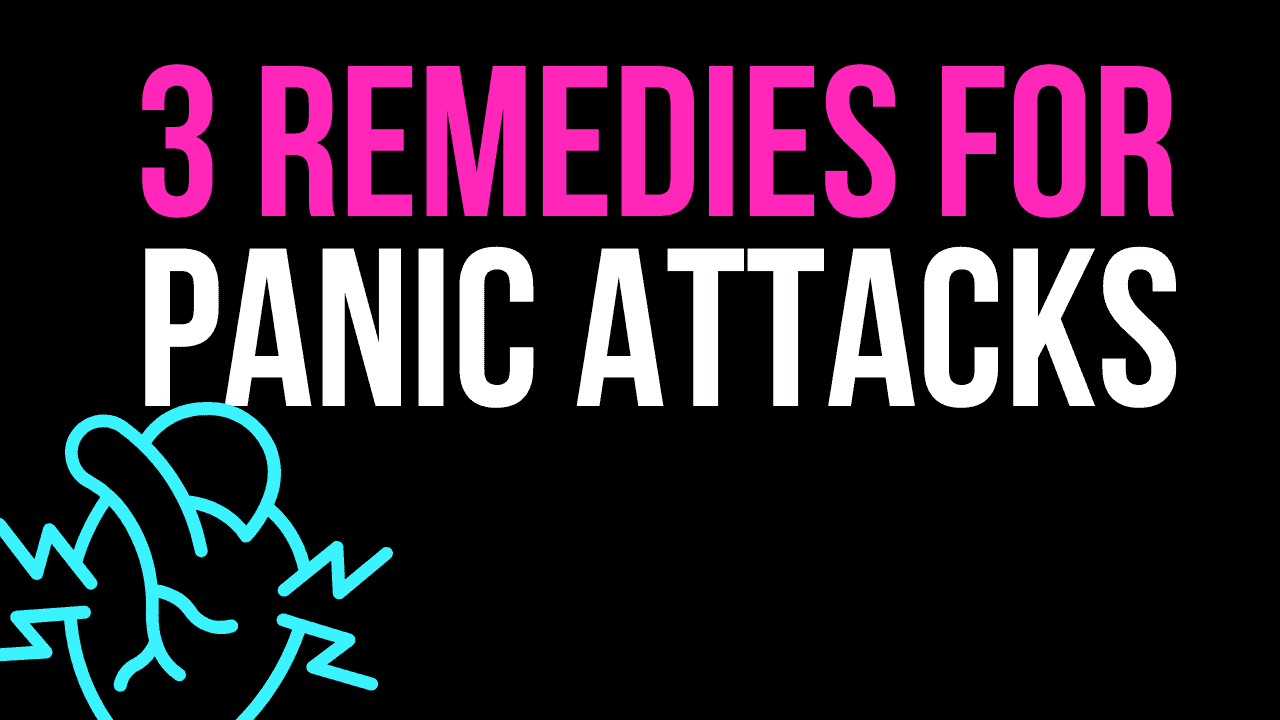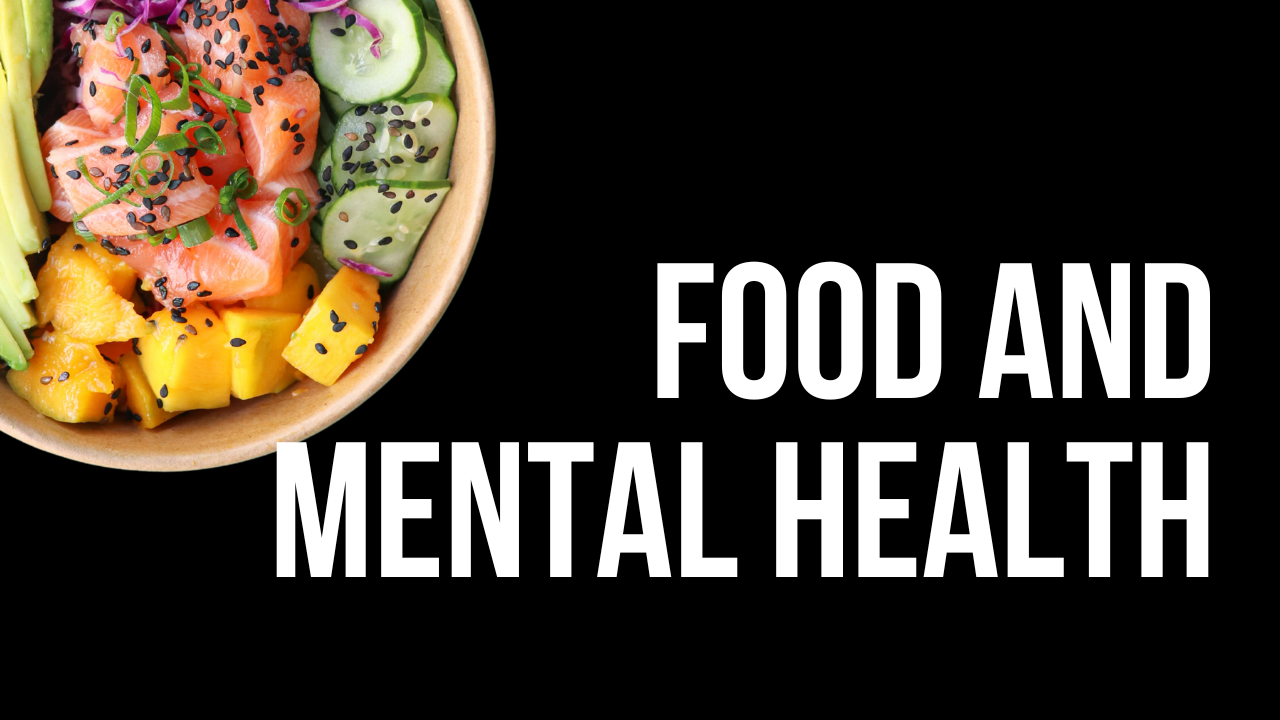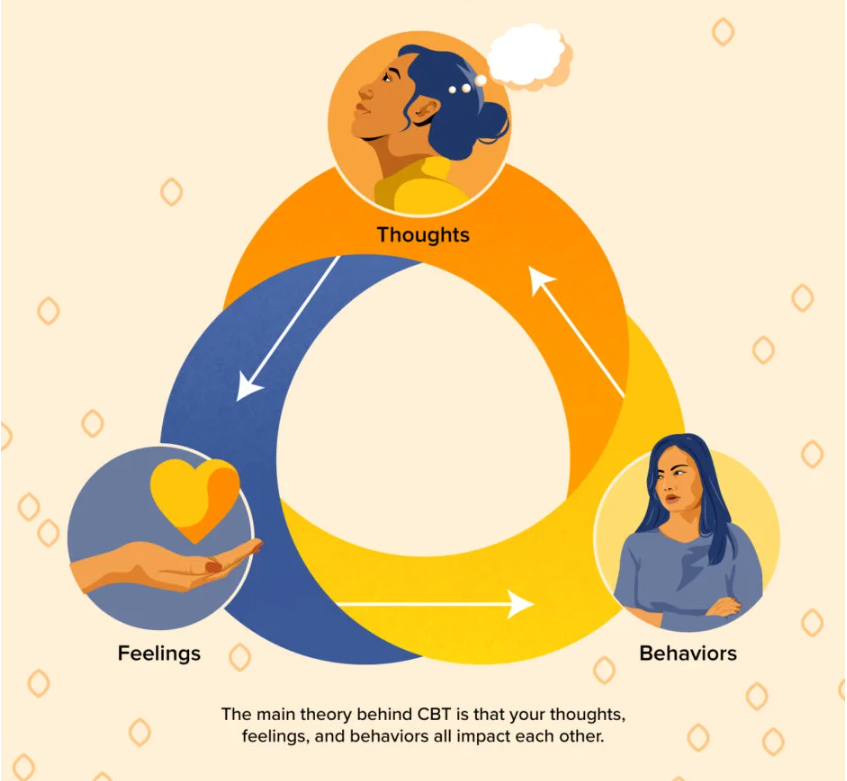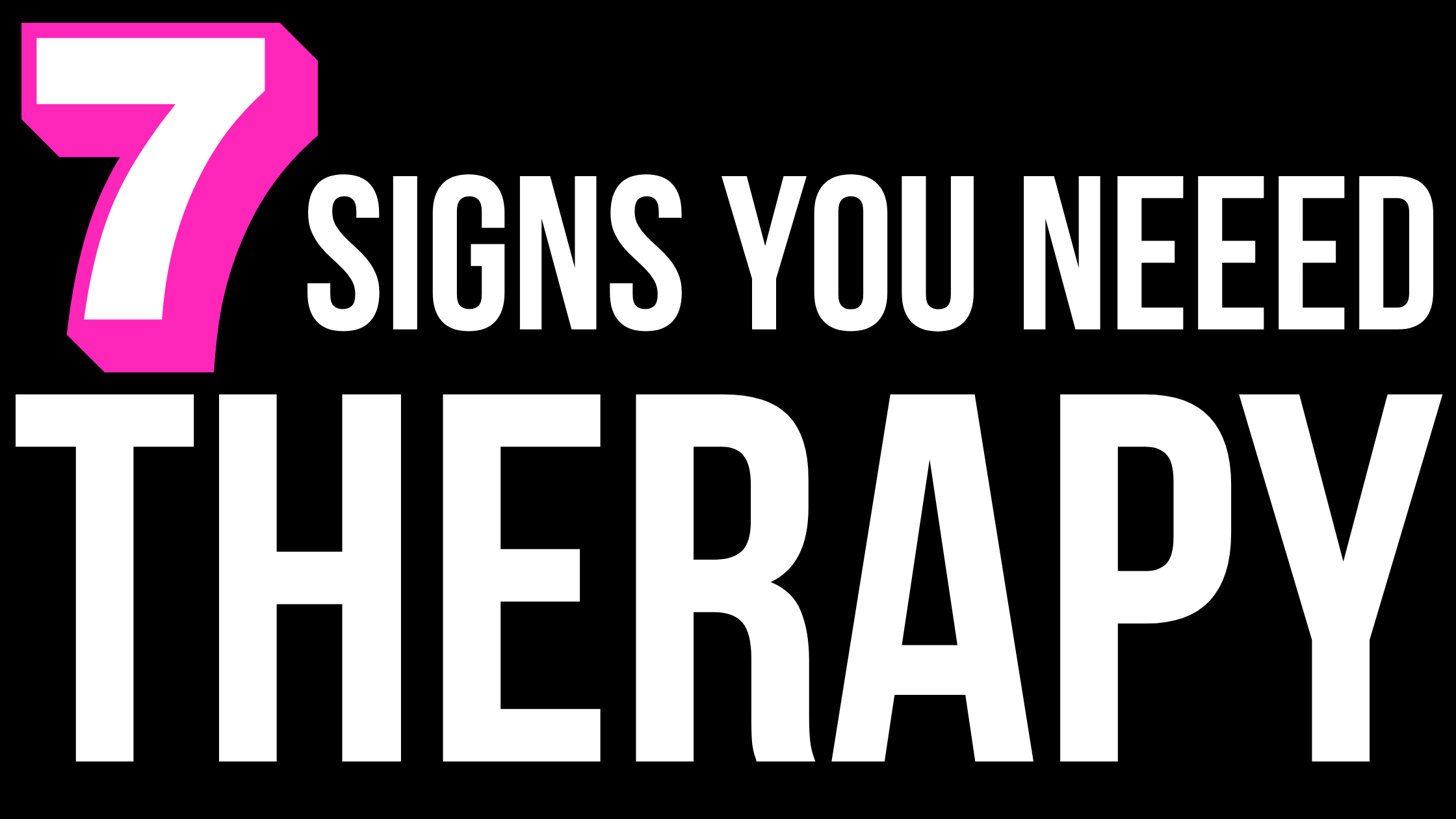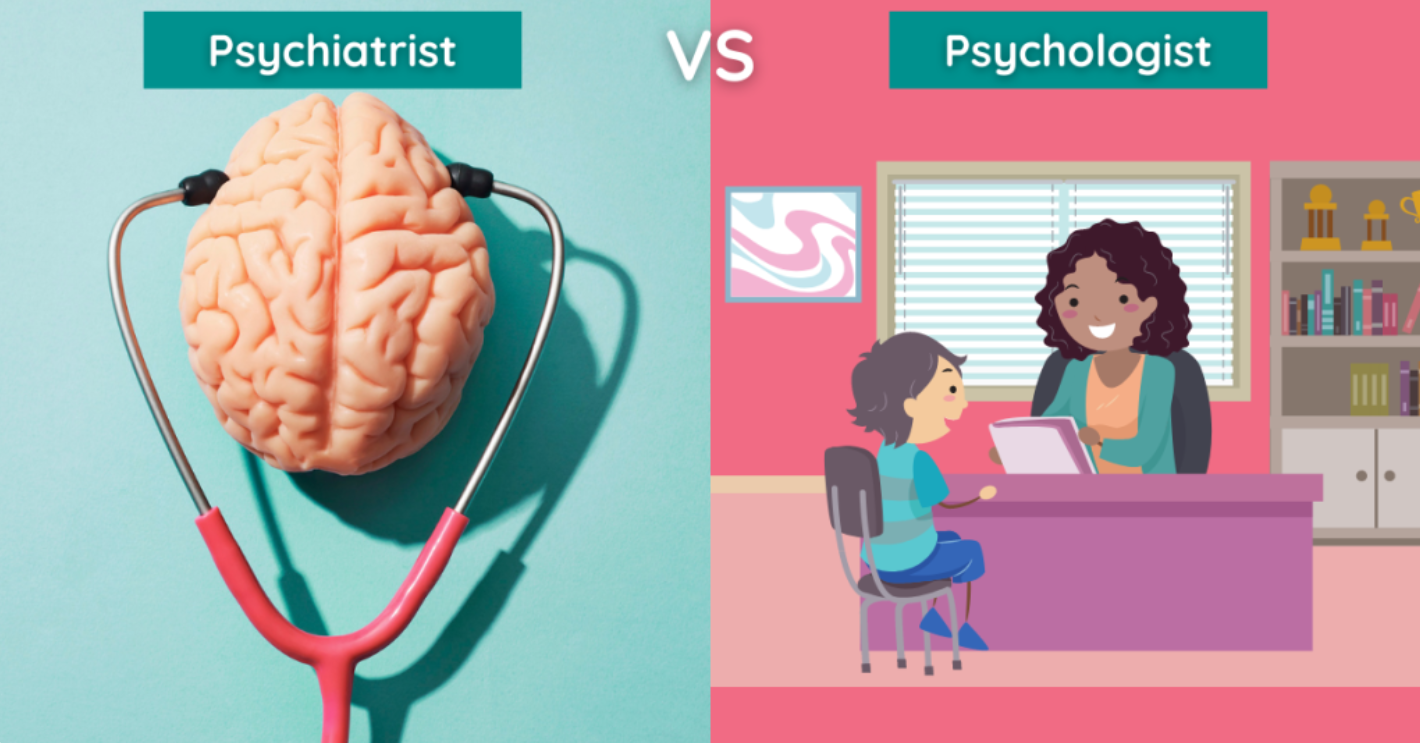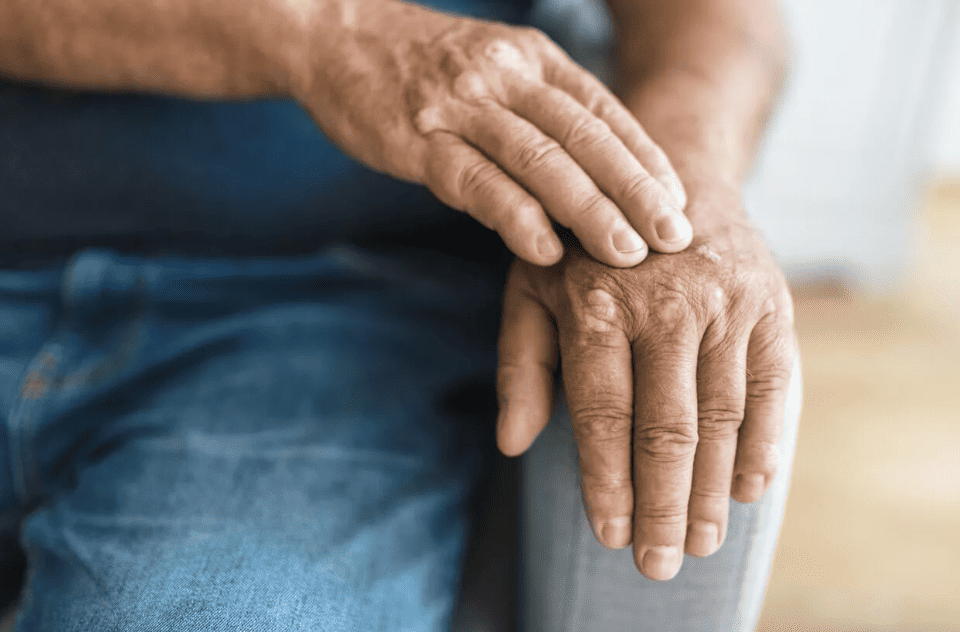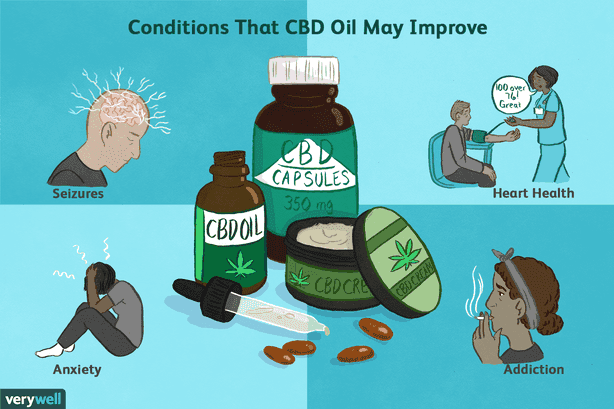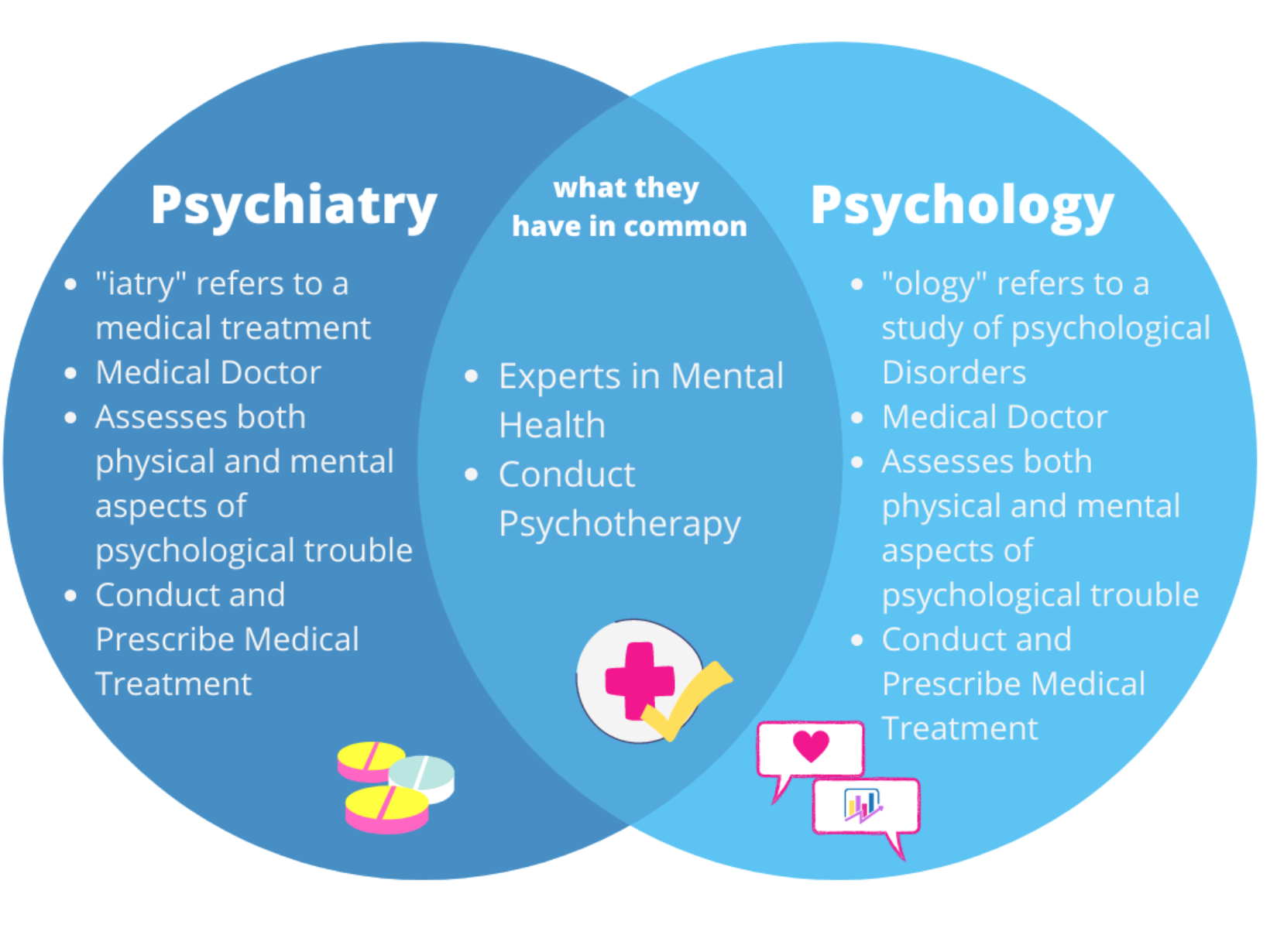What are panic attacks/ Panic attack Disorder?

A panic attack is a sudden episode of intense fear that triggers severe physical reactions when there is no real danger or apparent cause. Panic attacks can be very frightening and when they occur, you might think you’re lo sing control, having a heart attack or even dying.
sing control, having a heart attack or even dying.
Many people have just one or two panic attacks in their lifetimes, and the problem goes away, perhaps when a stressful situation ends. But if you’ve had recurrent, unexpected panic attacks and spent long periods in constant fear of another attack, you may have a condition called panic disorder.
Panic attacks and anxiety attacks, while often used interchangeably, actually represent distinct experiences within the realm of mental health. While both can be incredibly distressing, they differ in terms of intensity, duration, and the nature of their triggers. Panic attacks are characterized by sudden and intense surges of fear or panic that reach a peak within minutes. These episodes come on unexpectedly and are accompanied by a specific set of physical and psychological symptoms that can mimic a life-threatening situation.
On the other hand, anxiety attacks, often referred to as generalized anxiety, involve a more prolonged sense of worry, unease, and fear that may be connected to specific stressors or ongoing life circumstances. Unlike panic attacks, anxiety attacks tend to build up gradually and may not always have the same intense physical symptoms associated with panic attacks. Understanding the nuances between these two experiences is crucial for accurate identification and effective management.
SYMPTOMS of panic attack disorder/ panic attacks
Panic attacks can manifest in a variety of ways, each unique to the individual experiencing them. The symptoms can be both physical and psychological, often combining to create a perfect storm of apprehension. Whether you’re personally dealing with panic attacks or seeking information to support a loved one, this guide is designed to provide clarity and insight.
- Sense of impending doom or danger
- Fear of loss of control or death
- Rapid, pounding heart rate
- Sweating
- Trembling or shaking
- Shortness of breath or tightness in your throat
- Chills
- Hot flashes
- Nausea
- Abdominal cramping
- Chest pain
- Headache
- Dizziness, lightheadedness or faintness
- Numbness or tingling sensation
- Feeling of unreality or detachment
TREATMENT for panic attacks
Your doctor may decide that medication should be part of your therapy, to lessen your attacks’ physical symptoms. It might be part of the first steps, for instance. They might prescribe:
- An antidepressant, (selective serotonin reuptake inhibitor or SSRIs) which is generally the first choice to prevent future panic attacks.
- An anti-anxiety prescription drug such as a benzodiazepine. For people with substance use disorders, doctors may prescribe other medications.
You and your doctor may have to try more than one medication before finding what works best. Some people do best with more than one type.
BLOGS about panic attacks:
REQUEST AN APPOINTMENT
OUR OFFICE IS IN THE HEART OF MIAMI
1411 SW 22nd St
Miami, FL 33145
HEALING HOURS



